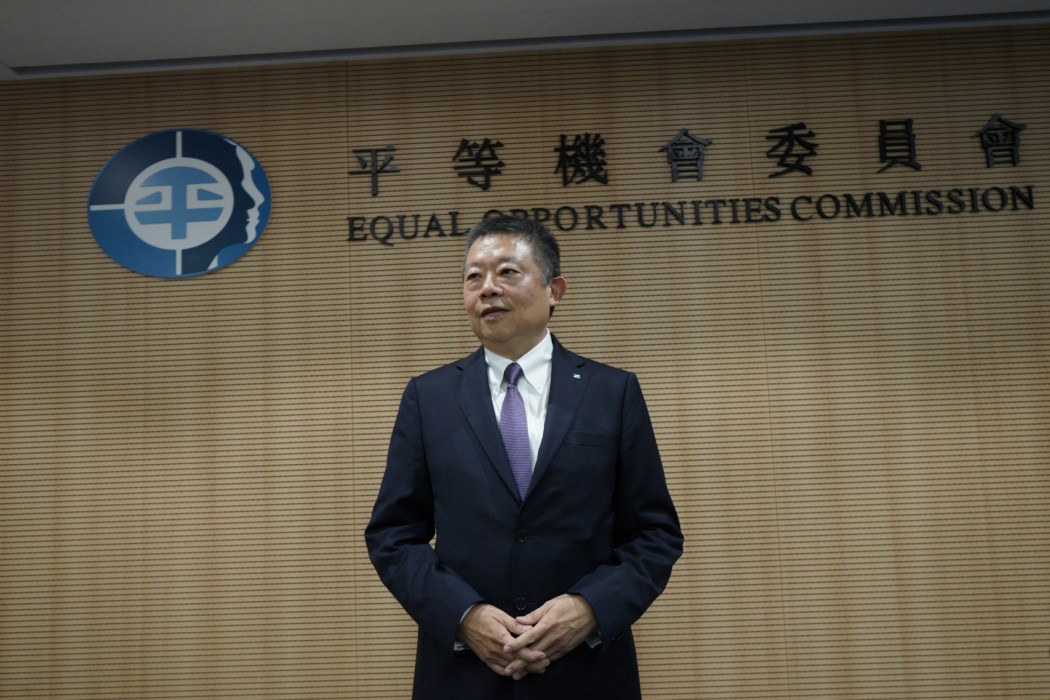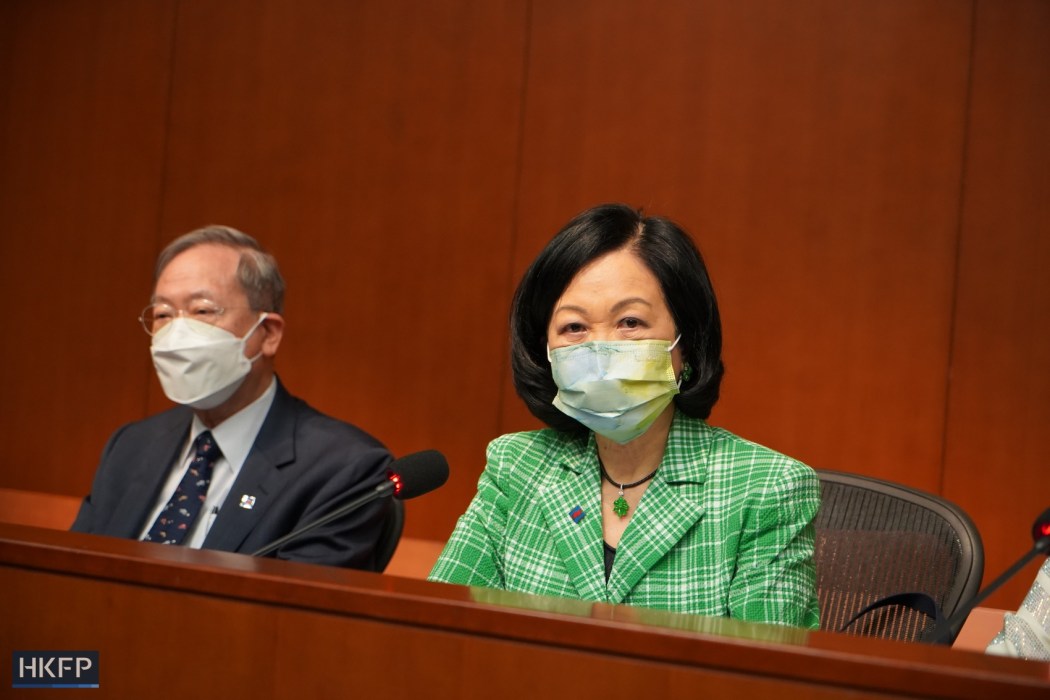Hong Kong authorities are exploring outlawing “intra-racial” discrimination between Hongkongers and mainland Chinese. The head of the city’s equality watchdog said he hoped relevant amendments would pass this year.

Ricky Chu, the chairperson of the Equal Opportunities Commission, told RTHK on Tuesday morning that he hoped to better regulate discriminatory behaviour against mainland Chinese in Hong Kong by adding the criteria of a person’s homeland or residential identity to existing racial discrimination laws.
He said the proposed amendment would mean that all those from mainland China – including new immigrants, permanent residents, tourists or students – would be protected from discrimination.
When asked whether laughing at someone’s accent would be discriminatory, Chu said behaviours targeting accent or language alone would not constitute discrimination, as “people who speak Mandarin do not necessarily come from the mainland.”
“However… speaking Mandarin or speaking with an accent can indicate where you are from,” Chu said, adding that “if you are being discriminated based on where you come from… we think that will be illegal.”
Meanwhile, Chu said the commission had been in discussions with the Constitutional and Mainland Affairs Bureau and the Department of Justice, but he did not have a concrete timeframe for when the drafted amendments would be tabled to the legislature.
The equality watchdog chief added that he hoped the amendments would be completed this year.

Chu said the authorities were still deciding which areas to cover. He said some examples of discrimination against mainland Chinese went beyond the existing scope of Hong Kong’s racial discrimination laws, which cover issues of employment, education, travel and residence.
“When we carried out our research in 2016, there were mainland visitors being impolitely treated while shopping, or getting their luggage kicked. But do such incidents still occur?” Chu asked.
In 2016, localist protesters in Hong Kong rallied in different hot spots for mainland travellers to drive away what they called “overwhelming parallel trading activities.”
Sexual minorities
During a Legislative Council panel meeting on Monday, lawmaker Regina Ip said she was “disappointed” that Chu had not mentioned the rights of sexual minorities in the equality watchdog’s annual brief.

Citing recent rulings in Hong Kong courts in favour of sexual minorities, Ip said “the government has lost enough [cases] that it dares not engage in another lawsuit.”
“In terms of law, you don’t need to do much, as the court has made all the decisions for you. I think at this time and moment, you should write up a document to report [what has happened in court] to the society and the legislature,” Ip said.
When asked about the legislator’s suggestion on Tuesday’s radio programme, Chu said sexual minorities were not covered by existing discriminatory laws and therefore drafting up such a report would be out of the scope of the equality commission.
“What we are looking into now is whether terms and conditions can be added to existing sexual discrimination laws to protect this community,” Chu said.
Support HKFP | Policies & Ethics | Error/typo? | Contact Us | Newsletter | Transparency & Annual Report | Apps
Help safeguard press freedom & keep HKFP free for all readers by supporting our team

LATEST FROM HKFP
HKFP has an impartial stance, transparent funding, and balanced coverage guided by an Ethics Code and Corrections Policy.
Support press freedom & help us surpass 1,000 monthly Patrons: 100% independent, governed by an ethics code & not-for-profit.










